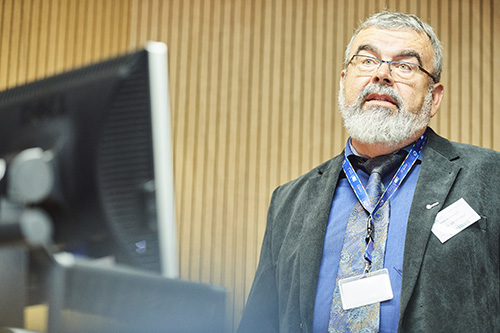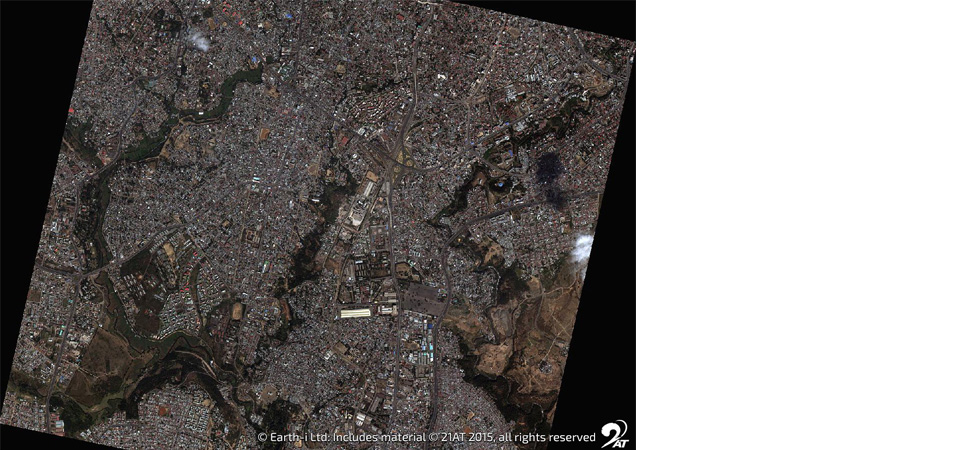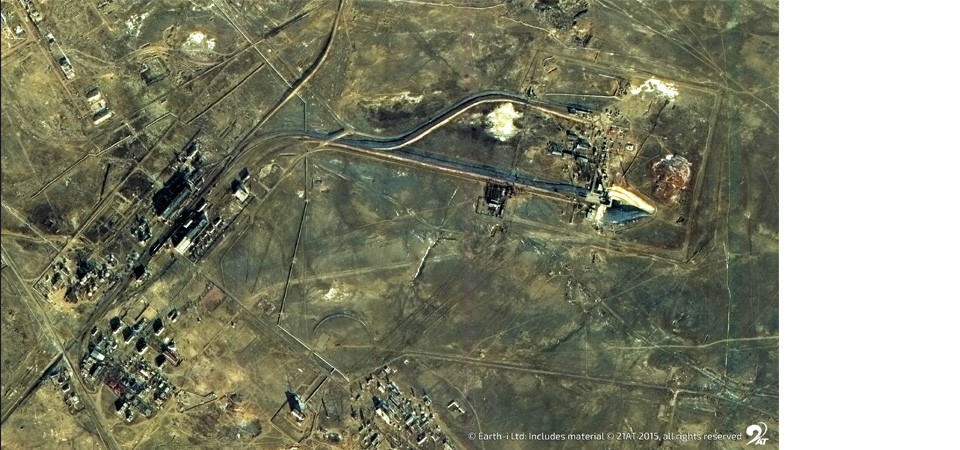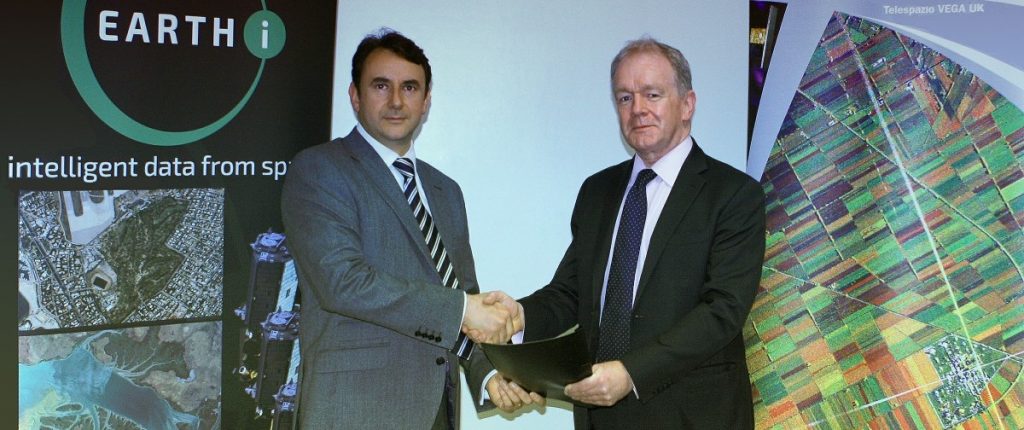Africa once dominated the global coffee market. At the height of their production, African countries made up four of the top 10 coffee-producing countries in the world. However, exports from the continent have shrunk in recent years.
African coffee-producing countries have struggled to keep up with strong competition from coffee powerhouses like Brazil and Vietnam, the two most prominent coffee-producing countries. More efficient production on a larger scale, and often growing the latest, more robust varieties of coffee tree, has enabled these producers to build dominant market share and strongly influence the commodity coffee price. Brazil produces large quantities of both Arabica and Robusta varieties, whilst Vietnam produces largely Robusta beans.
Instead of trying to compete on volume and market share, African countries have necessarily focussed on becoming producers of premium and speciality coffee, growing mostly fine Arabica coffees – a highly valued grade of coffee beans regarded as being of superior taste profile to Robusta coffee. The environment, cultivation process, and processing of speciality coffee produces unique and interesting flavour profiles, which are desired by consumers, and subsequently command higher premiums within the coffee market.
Kenya is one of the biggest speciality coffee exporters on the continent. Over 90% of Kenyan coffee is Arabica, and the climate, soil, and processing techniques of coffee-producing regions in Kenya contribute to producing some of the world’s most complex and well-balanced coffee. These characteristics have led coffee from Kenya to be some of the most highly-valued varieties in the world.
Coffee is a key export in Kenya, being the fifth largest foreign exchange earner after tourism, tea, horticulture, and remittances. The country already has a reputation for consistent coffee quality, but with renewed interest in their beans, there is a need to make sure production levels are able to support the demand for speciality coffee and continue to be a significant part of the Kenya’s economy.
ACCORD optimises the impact of agricultural inputs, such as fertilisers, pesticides and fungicides, using a combination of satellite-based mapping of fields and highly-accurate and localised weather forecasting to tell farmers precisely the right time to apply these inputs to their coffee crop. By improving farmer efficiency and productivity, technology like ACCORD can increase coffee yields and Kenya’s potential for a greater share of the specialty coffee market.
Kenya has experienced a shift in producer demographics towards a higher proportion of smallholder farms, but lack of support has led to production levels up to five times less than estate farms, and productivity significantly less per farm than their equivalents in Brazil and Vietnam. ACCORD helps farmers to protect and nurture their crop more effectively by supplying real-time weather alerts and crop management advice. By providing data-driven insights directly to farmers, they can make important decisions, such as resource distribution, more confidently to maximise yield and increase income.
Environmental considerations are also key to maintaining Kenya’s role in the specialty coffee market. The effects of climate change have challenged the capabilities of farmers: global warming is reducing available Arabica-growing farmland; humid climates are a breeding ground for pests and diseases, and unpredictable weather has made forecasting more difficult for traditional farming techniques to remain effective.
ACCORD helps farmers adopt more sustainable practices to both reduce the negative environmental impact of farming and tackle the impact of climate change. This not only ensures that the coffee-growing land will be available for the coffee market of tomorrow, but also fetch higher prices as sustainable practices become more appealing to consumers concerned about climate change and sustainable trade.
Technological solutions have also provided access to highly innovative tools and techniques, making coffee farming more reliable as a source of income and more appealing to the next generation with a natural desire to use the latest technology. Such modernisation of coffee farming and protection of labour is key to keeping Kenya on top of the speciality coffee market.
To enhance its position in the global coffee industry, Kenya needs to safeguard its reputation as a global specialty coffee leader. The high-quality of Kenyan speciality coffee is reliant on the entire coffee production process – from farming all the way through to distribution and marketing. Good farming practices, sustainable use of resources, and retaining labour are all important cogs in the coffee growing machine to keep Kenya’s industry competitive in the market. The adoption of modern farming technologies, like ACCORD, can help Kenyan smallholder farmers punch above their weight in the global coffee market and challenge the giant super-producers like Brazil and Vietnam.
To find out more, visit www.earthi.space/accord.
To download the new brochure, visit: content.earthi.space.
Earth Observation specialist brings over 25 years technology and applications experience to company offering daily high-resolution imaging and data…







